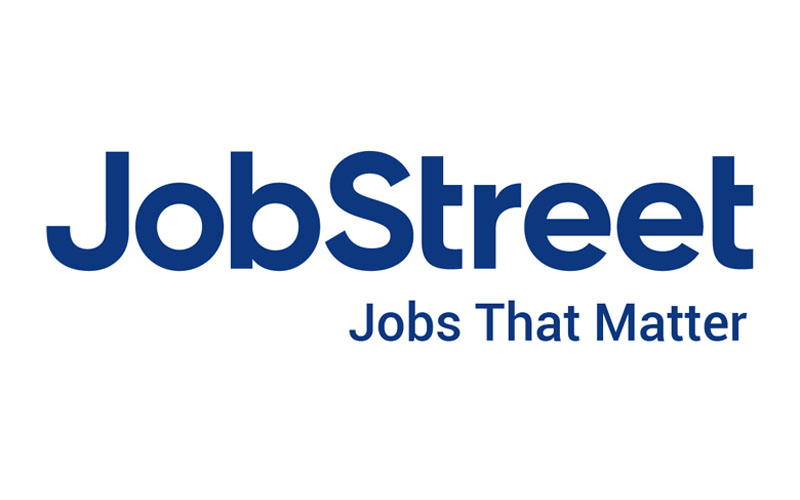- Workers aged between 21 and 50, and those who are in the manual work & manufacturing; digitalisation & automation; and customer service are most willing to retrain for a completely different job function
- 4 of the top 5 countries where workers perceive automation as a threat are Asian countries: Singapore, Malaysia, the Philippines and Thailand
- 63.61% of Asian workers have spent significant time training and developing new skills in 2020
SINGAPORE – 3 June 2021 – A new report based on the study Decoding Global Career Shifts states that 72 per cent of Asian workers are willing to retrain for new jobs in any case as they look towards the aftermath of the pandemic. On top of that, another 25 per cent said that they are willing to retrain should the need arise. A total of 66,624 respondents in Asia — out of 209,000 participants across 190 countries — took part in the study.
Of the 72 per cent of respondents who are willing to retrain in any case, most of them work in the Manual Work & Manufacturing (75.87%); Digitalisation & Automation (75.72%); and Customer Service (75.68%) industries. Those aged between 21 and 50 are the keenest to retrain, and IT & Technology (26.58%), Digitalization & Automation (25.10%) and Administration & Secretarial (19.25%) roles appeal most to them.
The study is conducted in partnership with SEEK Asia (the parent company of JobStreet), Boston Consulting Group (BCG) and The Network. It is the third release in a series of publications focusing on the pandemic’s impact on worker preferences and expectations. The data gathered for Decoding Global Career Shifts provides insights into worker preferences by gender, age, education level, level of digital skill, and position in the job hierarchy.
Automation perceived as a threat to one’s job security
The economic uncertainty brought on by the pandemic comes at a time when workers in just about every field already have some level of concern about being replaced by technology. Over 49 percent of workers in Asia have become more concerned about automation during the pandemic. According to the survey, four of the top five countries where workers are concerned about being replaced by technology are Asian countries. They are as follows: Singapore, Malaysia, the Philippines and Thailand.
Workers in the Financial Institutions (54.89%) as well as Insurance (54.50%), Telecommunications (53.96%), Technology (53.58%) Public (50.47%) and Industrial Goods (50.12%) sectors are most concerned about the threat of automation. Those holding job roles such as law; sales; engineering & technical; and health and medicine are generally less concerned.
Workers are actively developing new skills
In the past year, workers have been taking steps to upgrade their skills. This perhaps has to do with their realisation that job security is no longer a guarantee in this ever-changing world, and that their employability depends on their skill sets. 34.24 per cent of workers said that they have spent significant time (few months per year or more) learning while 29.37 per cent said they have spent a few weeks a year doing so. On-the-job training (73.92%), self-study (56.98%) and online educational institutions (46.29%) are the top three most popular resources they used to train and develop new skills.
About JobStreet
JobStreet is a leading online job board presently covering the employment markets in Malaysia, Singapore, the Philippines, Indonesia and Vietnam.
About SEEK Asia
JobStreet and JobsDB are part of SEEK Asia, which is the leading online employment market place in Asia. SEEK Asia covers 7 countries namely Hong Kong, Indonesia, Malaysia, Philippines, Singapore, Thailand and Vietnam.
SEEK Asia is the extension of the Australian Securities Exchange listed company called SEEK. The company’s purpose is to help improve people’s lives through better careers. SEEK Asia’s database consists of over 105,000 corporate hirers and over 29 million candidates.


















